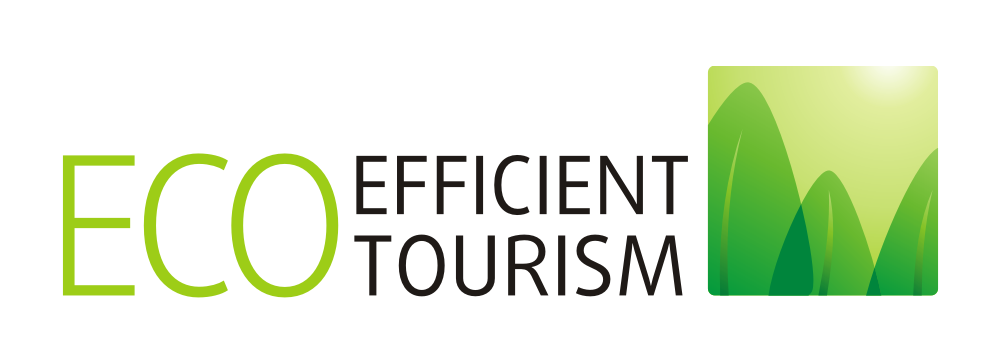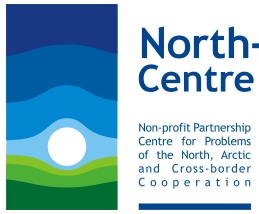Duration of the project:16.03.12 – 30.06.14
Total budget: 590 000 EUR (Grant: 531 000 EUR)
Lead Partner: Non-profit partnership "Centre for Problems of the North, Arctic and Cross-border Cooperation"
Partners:
- Institution of the Russian Academy of Science Karelian Research Centre of the RAS (KarRC of RAS) (Russia, Karelia);
- ANO ”Energy Efficiency Center“;
- Ecofoster Group Oy (Finland, Oulu);
- Educational facility for secondary vocational training "Petrozavodsk Municipal Utility College";
- Pryazha National Municipal District Administration;
- Sortavala Municipal District Administration;
- Finnish Environment Institute (SYKE), Joensuu office, (Finland, North Karelia);
- Centre for Economic Development, Transport and the Environment for North Karelia (Finland, North Karelia);
- Metsahallitus, Natural Heritage Services, (South Finland/North Karelia) (Finland, North Karelia);
- Ilomantsi Municipality (Finland, North Karelia);
- North Karelia University of Applied Sciences (Finland, North Karelia)
Brief description of the project:
Project improves eco-efficiency and visibility of tourism services in Russia (Republic of Karelia, Lake Ladoga and Syamozero areas) and Finland (North Karelia province, Ruunaa and Ilomantsi areas). These areas will be project pilot areas with demonstration components included. The project targets at the mega-trends of environmental responsibility and nature tourism which increases about 30 % per year. Recreational area management practices, introduction of eco-efficient technologies, wide publicity and relevant regional and local partners will be the keys to success. A comprehensive plan envisaging specific measures for energy and water supply, waste water management, and waste processing shall be worked out for each pilot area. Efficient organizational set-ups will be developed for interactions between local people, authorities, NGOs, businesses. The models can further be used in other recreation/nature tourism areas. The project's demo component envisages practical implementation of technological solutions for facilitation of the pilot areas. Demo sites are also important in spreading the solution to the surrounding societies. The transboundary project consortium is a strong one, containing the experience and practices from Finnish side and the relevant partners and planning authorities from Russian side.
The consortium will work out joint solutions, based on experiences from both sides (needs & expertise) to secure a balance between the capacities of organizations of various levels and local communities in introduction of modern waste processing and energy-efficient technologies and environmental issues in the areas. Context sensitivity in various areas will be emphasized. Project will disseminate information about the regions and the developed solutions to both participating countries and also other countries.
The exceptional combination of increasing the volume of tourism and recreation, but decreasing the environmental pressure will be effectively used for making the area known and more attractive to new visitors as an environmentally friendly and attractive area. The existing tourism structures such as ”The Blue Highway“, starting from Petrozavodsk, going through the target areas and reaching to Mo I Rana in Norway, will also be used for development and publicity purposes.
Overall objective: Making Euregio Karelia more attractive for tourists through gradual leveling of the quality of services provided to tourists on the two sides of the border.
Specific objectives:
- Promoting introduction of eco-efficient technologies of recreational area management and improving the quality of services offered in active tourism destinations in Republic of Karelia (Lake Ladoga and Syamozero areas) in co-operation with adjacent Finnish areas.
- Making pilot areas more comfortable, safe and environmentally friendly & known for these features.
- Improving cross-border tourism transboundary practices and regional development co-operation.
Target groups:
- Local administrations
- Businesses that lease land to be used as beaches and recreation sites, and own tourist facilities located in the areas
- Tourist companies
- Local firms and entrepreneurs
- Finnish and Russian companies that introduce and install energy supply, water supply, water disposal, local sewerage and waste management systems
Final beneficiaries:
- Visitors (local, domestic, international) using the target sites;
- Visitors using the "Blue Highay", including self-driving tourists, campers, motorhome travellers;
- Tourism companie;
- Local inhabitants.
Main activities
WP 1 (Institutional level) Development of models for sustainable management of actively visited tourism destinations:
1.1. Gathering of information and assessment of the current situation in the pilot and reference areas.
1.2. Study of the Finnish experience and best practices in management of recreational areas of the selected type and roadside stopover sites.
1.3. Development of optimal management models for the pilot areas.
WP 2 (Technical and investment level) Development and introduction of environmentally sustainable technological solutions for facilitation of specific recreation areas and tourist routes:
2.1. Assessment of existing Russian practices and potential for introduction of Finnish experience in technical facilitation of open-use sites along popular tourist routes.
2.2. Preparation of Terms of Reference for demo projects.
2.3. Implementation of pilot demo projects: a. Facilitating two campsites in long-stay recreation areas (several days to several weeks at the beach) – Lake Syamozero and Ladoga skerries shores. b. Facilitating short-stay (a few minutes to a few hours) stopover sites along the ”Blue Highway“ route. c.. Choosing and preparing visibility sites for maximum visitor interest and local population commitment and co-operation (in both Russia and Finland); using chosen visibility structures for creating and maintaining permanent interest
2.4. Preparation of investment business-plans for follow-up of demo projects.
WP 3 (Knowledge building and visibility level) Training and marketing:
3.1. Preparation and publication of manuals and guidelines on management of open-use recreation areas.
3.2. Organization and implementation of a training seminar in Petrozavodsk on dissemination of expertise in recreation area management
3.3. Organization and implementation of a training seminar in a pilot area on dissemination of expertise in recreation area management
3.4. Design and content-building of the project website.
3.5. Preparation, publication and circulation of the guidebook on the tourist infrastructure along the ”Blue Highway“.
3.6. Preparation and manufacturing of information boards for the pilot sites.
3.7. Working out the marketing plan
WP 4 (Horizontal level) Transboundary actions & meetings:
4.1. Development of platforms, processes and actions including active involvement of transboundary targets and actors. Effective use of electronic opportunities (platforms, dissemination, translation)
4.2. Project events and meetings of a transboundary character
More detailed information about the project is HERE

